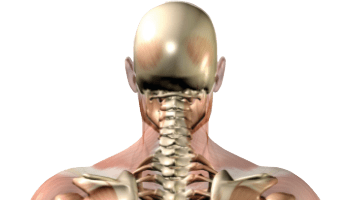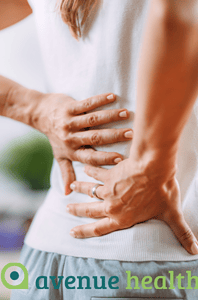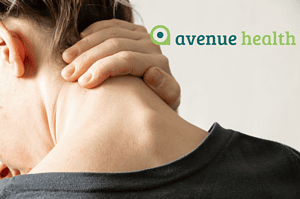Contents
What is muscle pain?
Everyone experiences muscle pain at some point in their life. Muscle pain is primarily caused by overexertion or injury to your muscles, but it can also be caused by deficiencies, stress and tension, poor posture and even dehydration.
Most people are familiar with the symptoms of muscle pain, which are often worse in the morning before our body has had the chance to stretch and warm up. Symptoms of muscle pain include the following:
- Localized or widespread pain in the muscles.
- Muscle stiffness or tightness.
- Swelling or redness in the affected area.
- Limited range of motion or difficulty in moving the affected muscle.
- Muscle weakness or fatigue.
- Tenderness to touch.
Many sports players refer to muscle pain from their sport as DOMs – meaning delayed onset muscle soreness. This is because muscle pain is often only felt after 24 – 48 hours of exercise.
However, you don’t have to be an athlete to suffer from DOMs; casual walkers, pregnant people, new mums and keen gardeners are only a handful of people who can also experience muscle pain.
Also, muscle pain is likely to be worse when you are beginning a new sport or activity, as your body is not used to the stress yet. After a while, your body becomes accustomed to the exertion and weight bearing of the sport.
Can we help with your muscle pain?
Our Osteopaths are very experienced in the treatment and rehabilitation of all muscle-related problems. We regularly treat elite athletes, dancers, keep fitters, office workers, new mums and more. Our treatments are very effective as we have a hands-on approach and directly treat the muscles themselves.
We use a variety of techniques, from gently massaging aches and pains to deep tissue massage for chronic problems. Massaging the muscles improves blood flow to the area which leads to faster recovery, as well as relaxing muscles and reducing tension.
We also have a G5 massaging machine that is very effective for treating overly tight muscles through deep tissue massage. The clinic is also equipped with ultrasound to identify inflammation and tendon-related problems which may be linked to your muscle pain.
Our practitioners will advise you as to the level of exercise and training your body will be able to cope with whilst you are recovering from your injury. Advice will also be given if any changes are needed in the way you work or train.
Sports massages
We also offer sports massages for athletes looking to recover effectively before or after an event. A little ‘stronger’ than a traditional massage, a sports massage brings enhanced athletic performance by improving flexibility, range of motion, and muscle function. It can improve circulation and prepare the body for exercise before an event, or remove metabolic waste such as lactic acid before or after higher-intensity exercise. Read more about the effect massage has on muscle inflammation here.
I have now sent several of my clients to see Michael with a significant array of conditions, and I have heard nothing but positive feedback as a result.
Michael and his team have proven to be timely, very responsive and cordial to my clients, whether children, adolescents, or adults, and has gone the extra mile to report back to me his findings so that I may better use the information in my training with them.
I have personally also used Michael’s expertise and was very impressed with his knowledge, ability to share complex information in a variety of ways, but most importantly with his honesty and integrity in dealing with prognosis and further treatment needs.
Unlike several other practitioners in this field, Michael is very upfront of what he can and can’t do, and what may be the most cost-efficient method of dealing with something, even if it means less work for himself.
I now go out of my way to refer any of my clients to him with confidence.
Kind regards.
Steve Cooper, Kingston-upon-Thames, Surrey
Do I Need Treatment?
Muscle aches and pains are a part of everyday life and people often experience muscle soreness – or DOMs – 24-48 hours after exercise. DOMs normally resolves itself within 3 or 4 days. If, however, symptoms persist longer than that, getting an assessment, diagnosis and treatment plan for the problem is very important, both to resolve the symptoms and prevent aggravating the problem further.



